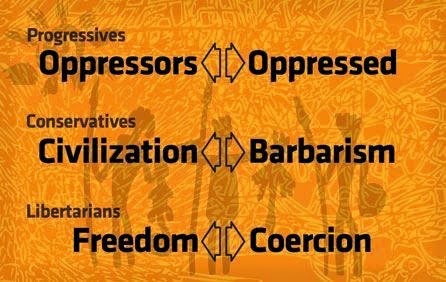For anyone who cares about universities as places of learning for undergraduate students, Gross’s book is an encouraging one. He provides a clear and convincing explanation of the mechanisms through which a non-random distribution of political attitudes wind up in the population of university and college professors, and he provides strong evidence against the idea that universities and professors exercise discriminatory bias against newcomers who have different political identities. And finally, Gross’s analysis and my own experience suggests that professors generally conform to Weber’s ethic when it comes to proselytizing for one’s own convictions in the classroom: the function and duty of the professor is to help students think for themselves
Pointer from Mark Thoma. Not surprisingly, I disagree. One anecdote I tell is from the graduation of one of my daughters. The main graduation speaker mentioned that she had just seen in article saying that the population of the U.S. will be majority-minority by 2050. The students erupted into whooping and wild cheering.
To me, the demographic projections are facts rather than cause for joy or sorrow. But after four years of being told that white people are the oppressors and minorities are the oppressed, the students reacted automatically and emotionally. To me, it was the opposite behavior of someone who has been taught to think for themselves.
If liberal professors are not aware of political bias in their workplace, it is because, like fish, they are swimming in it. The indoctrination into the language of oppressor-oppressed is pervasive. If you don’t buy into the progessive mindset, then you feel about as comfortable on a liberal college campus as an atheist in a seminary.

